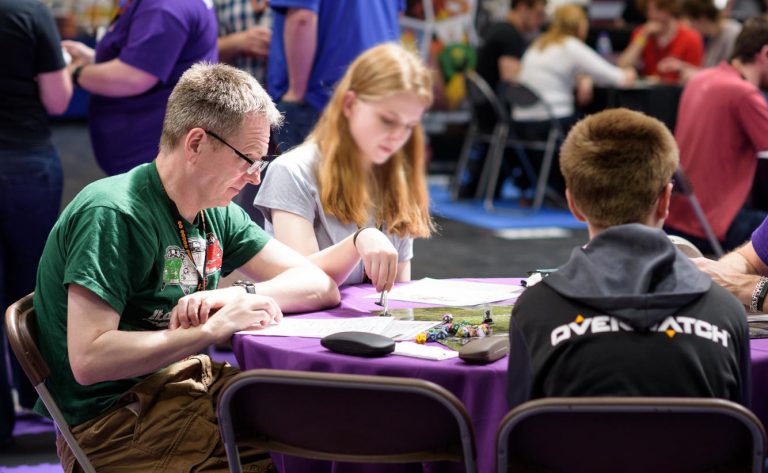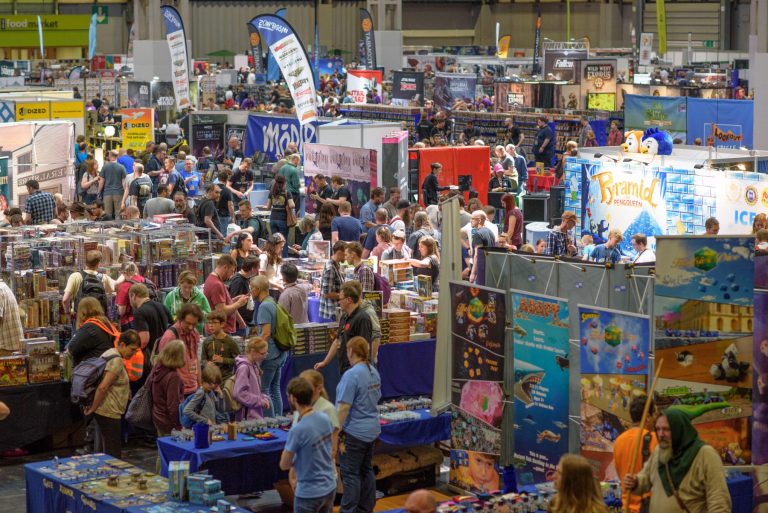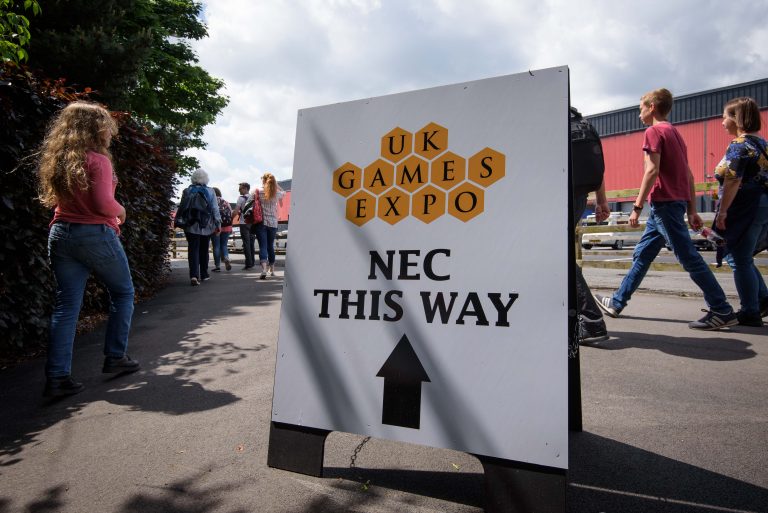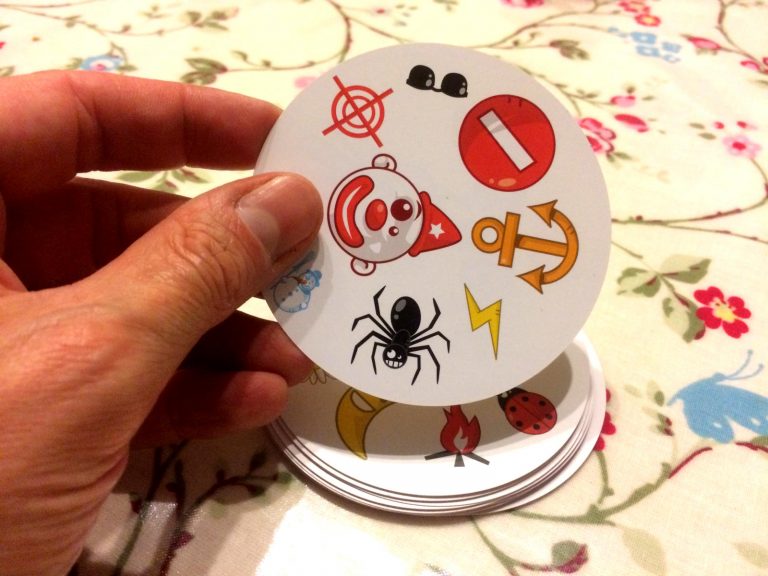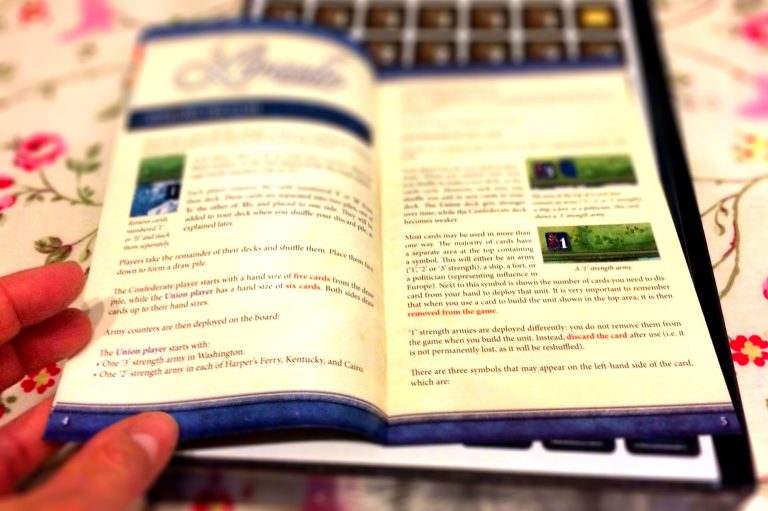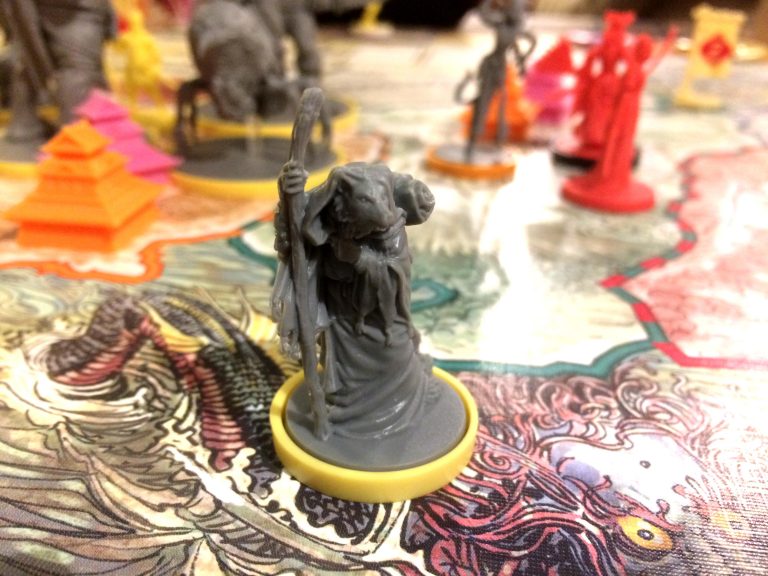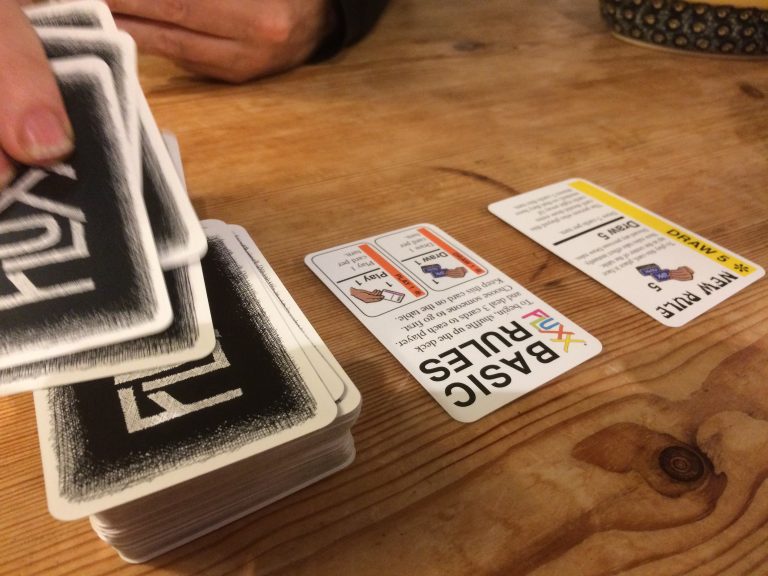Family gaming
I think for many in the hobby, playing games is about having fun with other people - and that is no more so true when it comes to enjoying a game with the family. I absolutely love spending an evening solving crimes or building the best bird reserve there is, instead of sitting in front of the TV. It's great to play a quick mint tin game while we wait for our food in the pub on a family day out. There are many opportunities to play games with the family, and the games don't necessarily need to be family games.


